West African palm oil market
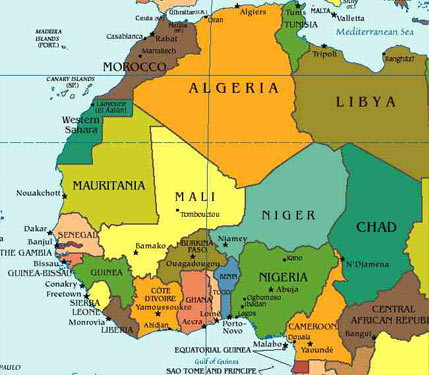 |
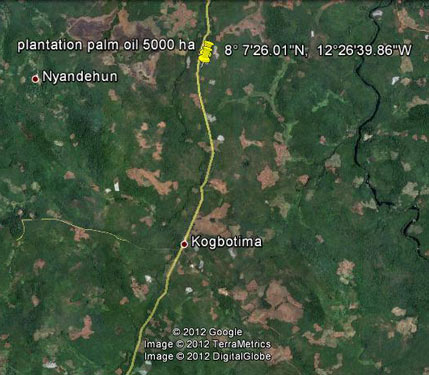 |
Despite the fact that the oil palm originated in West Africa and grows wild across much of the region, the African producer states are, with only two exceptions, net importers of the commodity. Ivory Coast produces 43% more than it consumes – and in this it is unique; across the board 11 significant African producers [for which we can source data] imported on average palm oil equal to 32% of production – nearly 600,000 mt in 2010 equivalent to some $600m. The most striking example is Nigeria, once the World's leading producer of the commodity, by some counts it possesses the third largest area of cultivated palm plantations after Malaysia with over 3.0m ha - yet it imports nearly 46% as much oil as it produces today.
When this century opened 11 years ago there was an expectation of change; a new century and a new era was at hand. We can now get a sense for the early trends defining this new era: the ascent of the BRICs, led by China; the need to reform the Eurozone; the Arab Spring; and amidst the turmoil of African politics, the surprisingly steady economic growth across that continent. Eleven years ago few investors were even giving African economies a sideways glance. Perhaps most surprisingly of all, conflict torn West Africa has attracted pledges of some $6bn in the past 2-3 years, mostly from multi-billion dollar, well managed Asian companies, for the development of oil palm plantations. The new large scale Agri-projects that are to be developed are mostly still strangers to the capital markets, but over the next 3 years investors are likely to hear a great deal more about the dawning of industrial agriculture across West Africa.
In 2011 the African Development Bank is anticipating a slowing in economic activity across the African continent as a consequence of the 'Arab Spring' in North Africa, with GDP growth slowing to 3.7% from 4.9%. The bank expects that in West Africa – the palm oil region of the continent - the civil unrest in Cote d'Ivoire will likely reduce regional growth from last year's 6.7% to 6.0% in 2011. For the continent as a whole, GDP growth has been running at a brisk rate, averaging around 4.7% in the years 2005-2010. Consistent & robust economic growth across the African region is a relatively recent phenomenon which contrasts with the moribund state of economic activity across the developed economies, this has attracted investor attention. For investors looking to participate in African growth, the oil palm sector is one to consider.
Output from the sector addresses both a buoyant local market and also steadily rising demand from consumers across the emerging economies and from the bio-fuel sector globally. The African oil palm opportunity is made further attractive by virtue of the support it is receiving from African administrations – many of whom, and Liberia is a good example, see the crop as a cornerstone for economic development. Highly attractive land acquisition terms are being offered along with generous dispensations from taxation and duties for developing oil palm enterprises in many West & Central African countries. The timing is good; land availability in the palm oil production centre of the world, East Asia, is becoming increasingly restricted and the big plantation operators in Indonesia & Malaysia are looking a long way west to West Africa, for new land to meet the robust global demand for the commodity.
The palm regions of Africa boast some 7.8m ha of the plant – but even though 1.0 m ha are classed as plantations, the productivity of this huge palm area is tiny – perhaps 4% of global production; Indonesia & Malaysia by contrast – with 9.0m – 11.0m ha between them, account for 85% of global production. While the African climate is perhaps not generally as agreeable to oil palms as its East Asian counterpart, the plant originated in the region and will crop economically across much of West, and parts of Central Africa, with appropriate planting material and applied agronomy.
Leave A Message
If you want to know more information about West African palm oil market. pls kindly leave your phone number, We will back to you ASAP once we got your message.
-
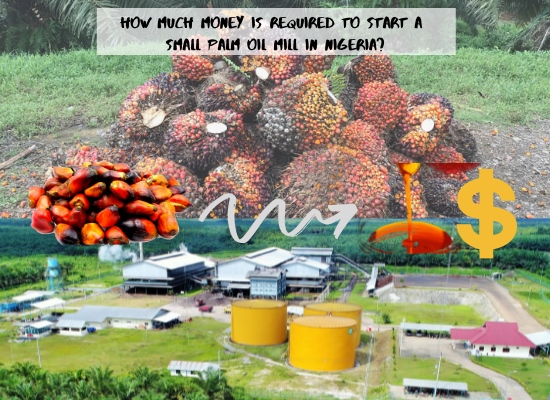
How much it will cost to set up a small scale palm oil mill in Nigeria?
-
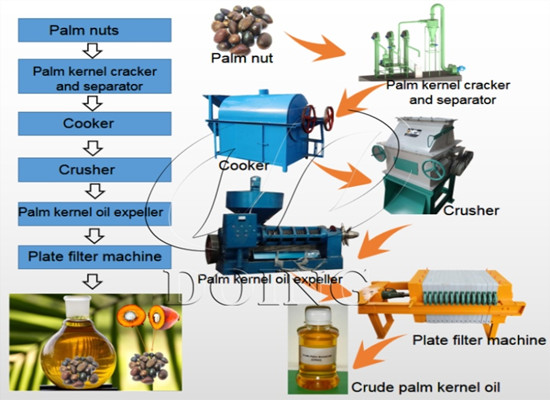
-
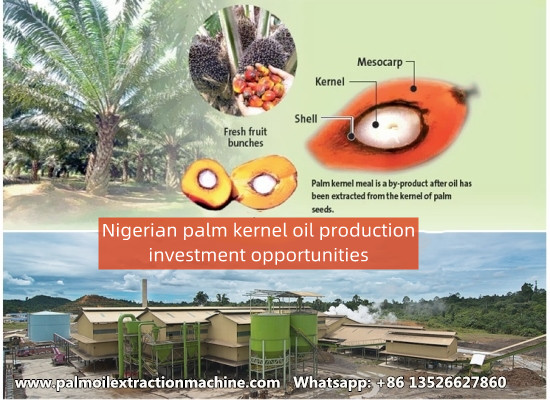
6 Reasons Why Palm Kernel Oil Production in Nigeria is a Smart Investment
-
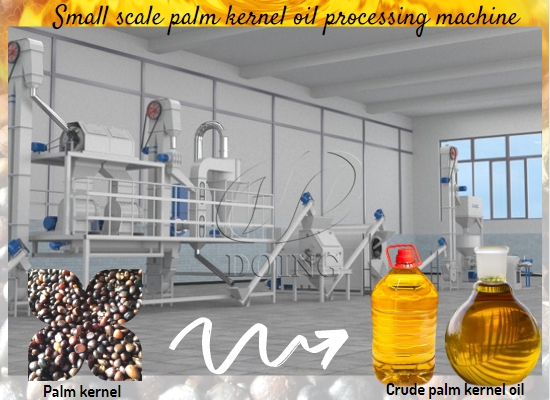
How can I get palm kernel oil in a palm kernel oil processing plant?
-
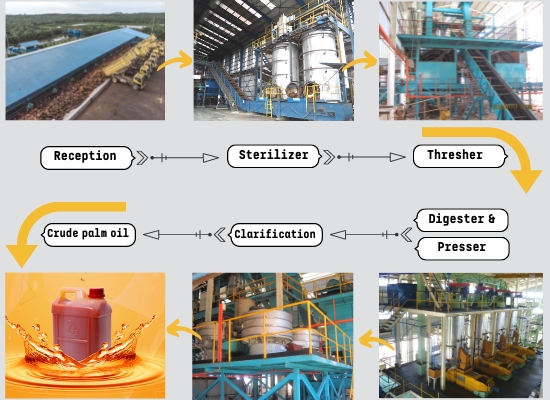
-
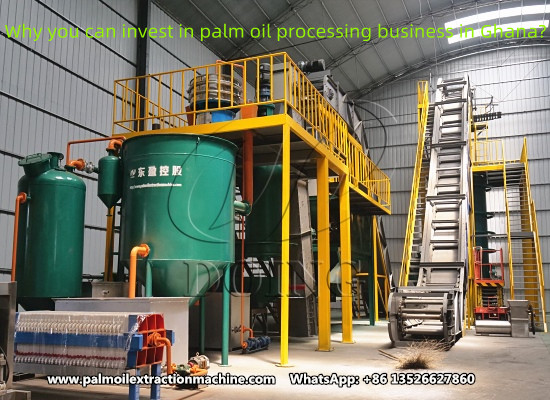
Why you can invest in palm oil processing business in Ghana?
-
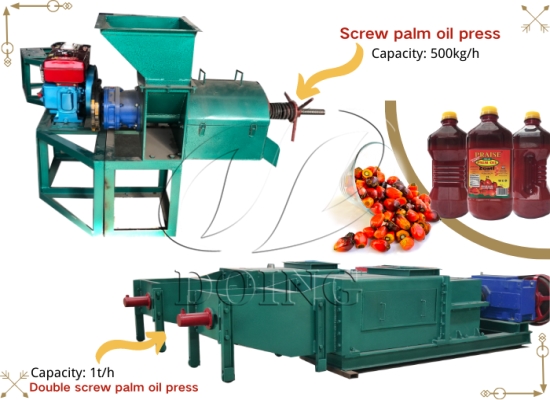
What are reasons that affect the oil yield of palm oil press?
-
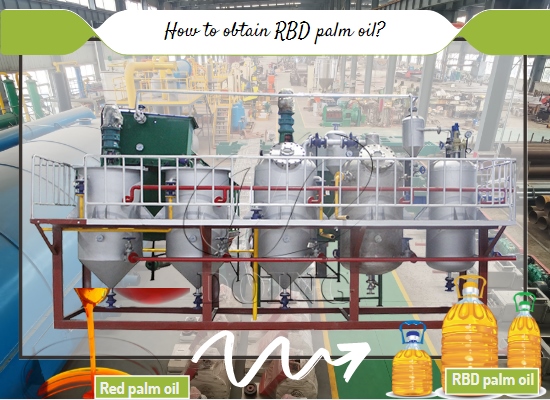
How much does it cost to setup a mini palm oil refining plant?
-
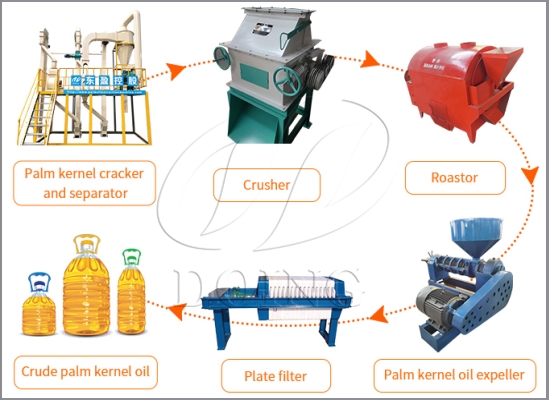
How do I start a palm kernel oil processing plant in Liberia?
-
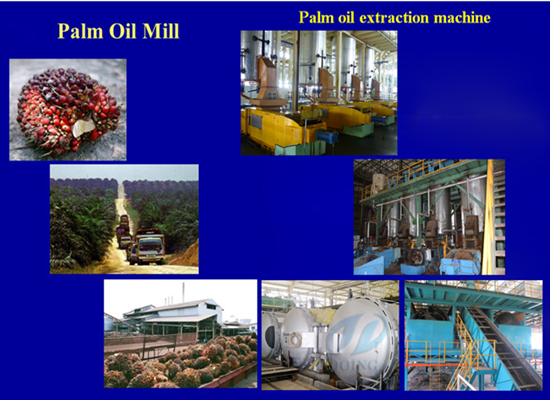
Would it be a profitable business idea to open a palm oil extraction plant in India right now?
-
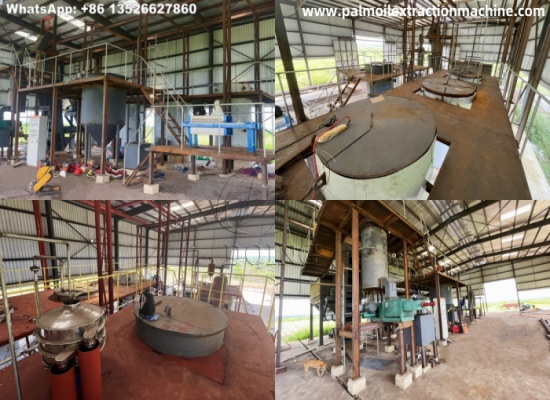
1tph palm oil pressing machines successfully installed in Lagos, Nigeria
-
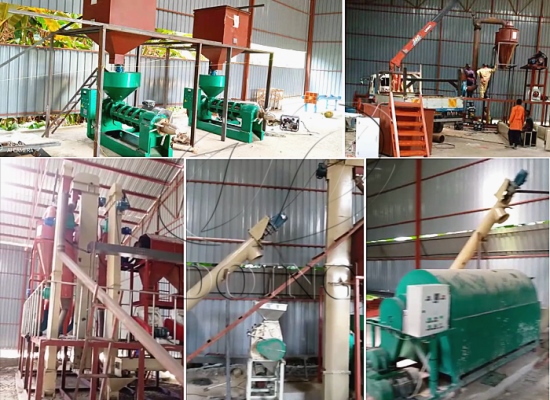
-
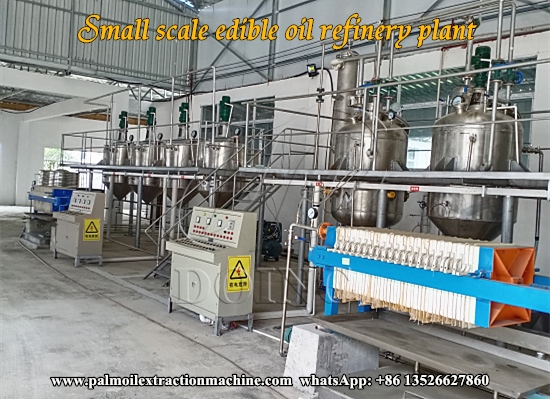
-
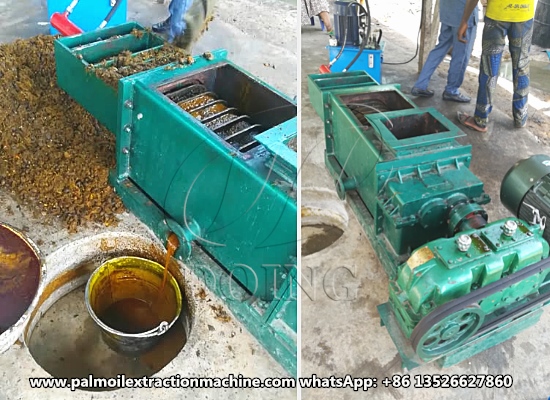
-
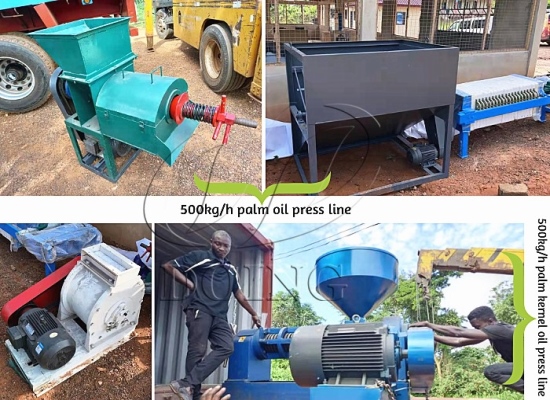
500kg/h palm oil and palm kernel oil processing plant project in Ghana
-
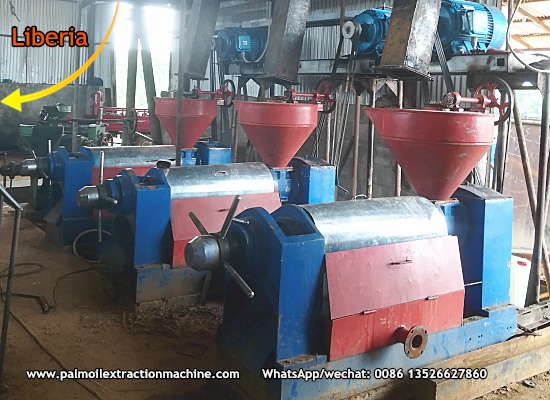
-
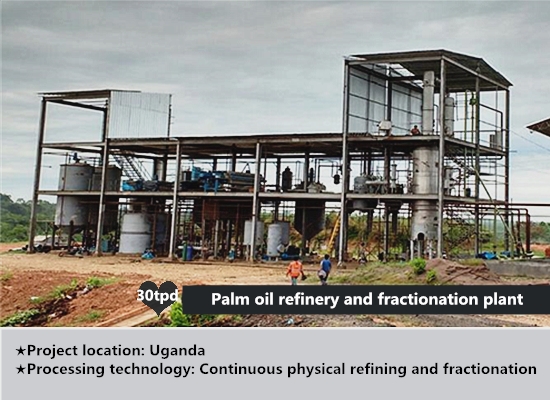
30tpd palm oil refinery and fractionation plant project successfully installed in Uganda
-
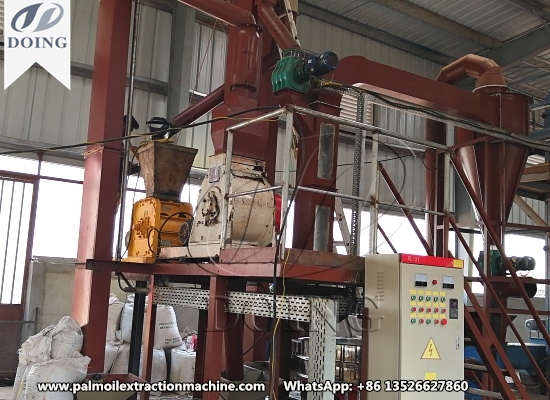
Palm kernel crushing and separating machine project in Sierra Leone
-
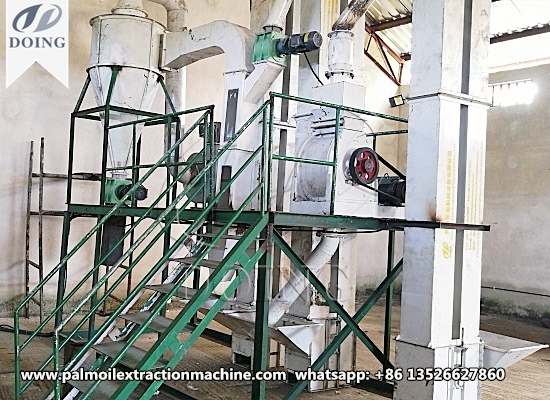
2-3tph palm kernel cracking and separating machine successfully installed in Akwa, Ibom, Nigeria
-
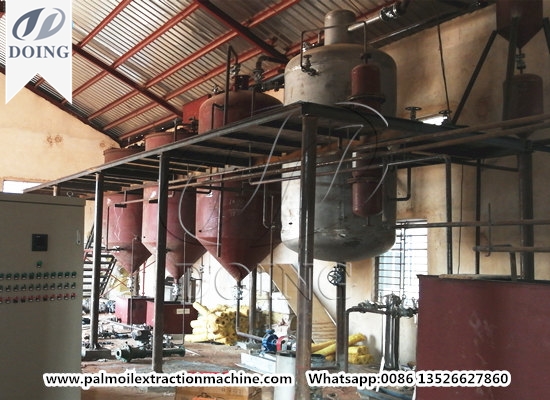
5tpd palm oil refinery and fractionation plant successfully installed in Nigeria




